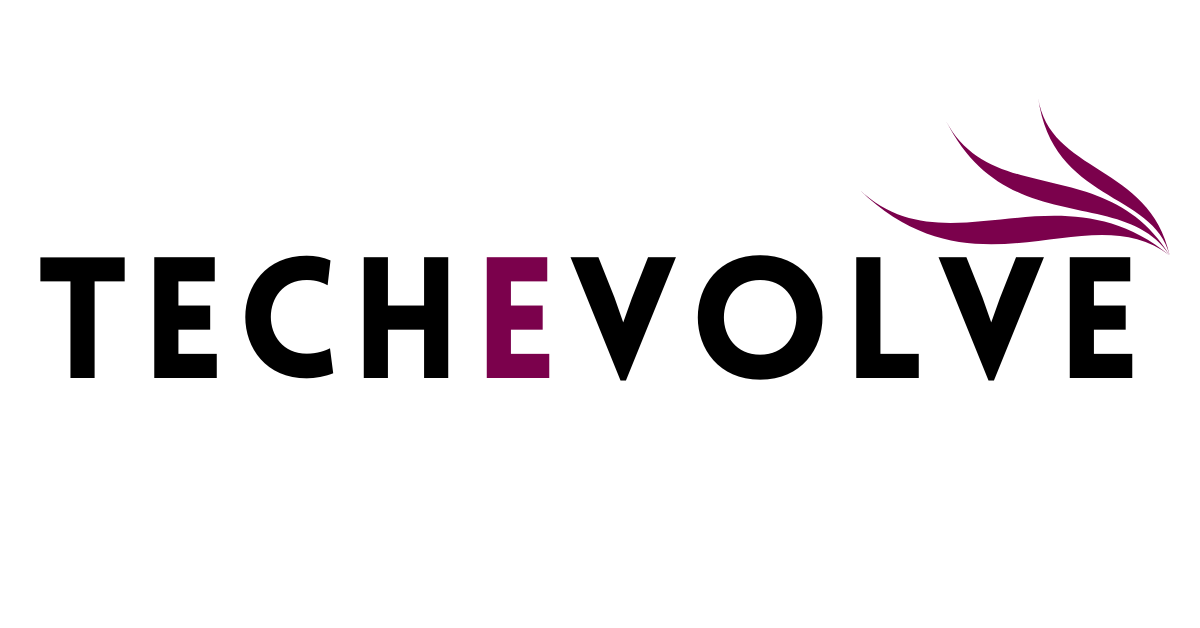TickZoo was an online platform that became infamous for hosting controversial content, especially materials that delved into taboo subjects. It was well-known for attracting a niche audience curious about topics that mainstream platforms either ignored or censored due to their controversial nature. The platform carved out a unique place on the internet, appealing to people who wanted access to unconventional content. However, it wasn’t just the type of content that made TickZoo stand out but also its approach to freedom of expression.
Despite this, TickZoo quickly found itself at the center of ethical and legal debates, as its catalog included materials that many believed crossed significant moral and legal boundaries. The site became a lightning rod for discussions about what constitutes acceptable content on the internet and whether there should be limits to freedom of expression online. While it attracted users who were intrigued by its offerings, it also drew the attention of regulators and watchdog organizations across the globe, questioning the platform’s operational practices.
Table of Contents
The History and Rise of TickZoo
TickZoo started as a relatively small online platform that gradually gained attention due to its controversial nature. The website was initially designed to cater to a niche group of users interested in exploring topics that were often considered taboo or off-limits by mainstream platforms. As TickZoo’s user base grew, the platform expanded its content offerings, positioning itself as a place where freedom of expression could thrive without censorship. This unique approach drew in users who were curious or felt marginalized by more traditional content platforms, quickly making TickZoo a popular, albeit controversial, destination on the web.
Over time, the platform gained international notoriety, not only because of the content it hosted but also due to its global user base. TickZoo’s rise coincided with growing debates about the role of digital platforms in regulating content, particularly when it came to subjects deemed unethical or illegal in various countries. As more people became aware of TickZoo, its controversial reputation only grew. However, this rise also meant increased scrutiny from governments and regulatory bodies, which began to question whether TickZoo was operating within the legal boundaries of various jurisdictions. Despite the growing pressure, the platform continued to draw a large audience, who saw TickZoo as a defender of free speech in an increasingly controlled internet space.
Why Did TickZoo Shut Down?
TickZoo’s eventual shutdown came as a result of mounting legal and ethical pressures. While the platform tried to argue that it was a bastion of free expression, its hosting of explicit and controversial content placed it in a legal gray area. Many countries have strict laws regarding the distribution of certain types of content, particularly those involving exploitation or illegal activities. This meant that TickZoo found itself in frequent legal battles, not only over the legality of its content but also over its ethical responsibility as an online platform. Various organizations and advocacy groups campaigned for the platform’s closure, claiming that it was perpetuating harm by normalizing behaviors that violated societal standards.
Moreover, TickZoo faced immense competition from larger, more regulated platforms like Netflix, Hulu, and Amazon Prime, which offered users high-quality content while staying within legal frameworks. As these platforms grew in popularity, many of TickZoo’s users migrated to safer and more reliable alternatives, causing a significant decline in its user base. Eventually, the combination of legal challenges, public outcry, and declining traffic forced TickZoo to shut down. Its closure was seen by some as a victory for online regulation, while others mourned the loss of what they viewed as a space for unfettered freedom of expression.

Is TickZoo Legal?
The legality of TickZoo has always been a subject of intense debate, largely because the platform operated in a legal gray zone. While TickZoo claimed to comply with the laws of the countries where it was available, the nature of its content raised significant concerns about whether it was truly operating within legal limits. In many regions, particularly those with stricter laws on indecency or exploitation, TickZoo was accused of violating laws related to both the type of content it hosted and its failure to regulate user behavior on the platform. This led to legal action in several countries, with governments seeking to either ban the platform or impose heavy fines.
One of the major challenges TickZoo faced was the international nature of its user base. What might be legal in one country could be considered a crime in another, making it difficult for the platform to operate uniformly across regions. This inconsistency in legal standards meant that users were often exposed to content that could potentially get them into legal trouble without them realizing it. Furthermore, many critics of TickZoo argued that the platform intentionally exploited these loopholes to avoid accountability, allowing users to access harmful or illegal materials under the guise of free expression. This ongoing legal ambiguity contributed heavily to the platform’s downfall.
The Impact of TickZoo on Society
TickZoo’s presence had a profound impact on both its users and society at large, sparking debates around freedom of expression, the ethics of hosting certain types of content, and the responsibilities of digital platforms. For some, TickZoo was a space where marginalized voices could engage with taboo subjects that were not available elsewhere, creating a sense of community for those who felt excluded by mainstream platforms. In this sense, TickZoo provided a unique opportunity for discussions that challenged societal norms and sparked critical thinking about censorship and freedom in the digital age.
However, the platform also faced heavy criticism for its role in potentially normalizing harmful behaviors. Many advocacy groups argued that by providing a platform for controversial content, TickZoo was contributing to a broader social desensitization to activities that were both morally and legally questionable. This raised concerns about the ethical responsibilities of online platforms and their role in shaping societal values. Ultimately, the existence of TickZoo forced society to grapple with difficult questions about the limits of free expression and the role of regulation in protecting vulnerable individuals from harmful content.
What Happened After TickZoo Disappeared?
Following its abrupt closure, TickZoo left behind a trail of speculation and curiosity. Many of its regular users turned to other platforms in search of similar content, but none were able to replicate the unique appeal of TickZoo. Copycat sites soon began to emerge, attempting to fill the void left by TickZoo’s absence. However, these new platforms often lacked the security and legitimacy of the original, leading to concerns about malware, illegal activities, and even more stringent regulatory crackdowns. Users who frequented these sites were advised to proceed with caution, as many were not only unregulated but also posed significant legal risks.
At the same time, the disappearance of TickZoo prompted a broader discussion about how society should handle controversial digital content. Policymakers, advocacy groups, and internet governance bodies began looking more closely at how platforms like TickZoo operate, seeking to strike a balance between protecting free expression and ensuring that harmful content is kept in check. While TickZoo itself may be gone, its legacy continues to influence debates about the role of digital platforms in moderating content and the responsibilities of those who operate in legally ambiguous areas.
Alternatives to TickZoo
In the aftermath of TickZoo’s shutdown, many users sought out alternative platforms that offered similar content but in a more regulated and secure environment. Major streaming services such as Netflix, Hulu, and Amazon Prime emerged as the top competitors, providing a vast array of content without crossing the same legal and ethical boundaries that plagued TickZoo. These platforms not only offered a safer user experience but also ensured that their content adhered to local laws, giving users peace of mind.
For those looking for niche or controversial content, Reddit became a popular alternative, with various subreddits dedicated to taboo or fringe topics. However, Reddit’s strict guidelines and moderation teams ensure that content remains within legal limits, preventing the platform from experiencing the same issues that led to TickZoo’s downfall. Other smaller, more specialized platforms also exist, but users are advised to approach these with caution, as the same legal and ethical risks that plagued TickZoo still exist in the less regulated corners of the internet. Ultimately, TickZoo’s closure serves as a reminder of the importance of responsible platform management and the need for users to stay informed about the legal and ethical implications of the content they consume.
Read About: Easy:abcgodcqc1u= Drawings for Beginners: Step-by-Step Guide
